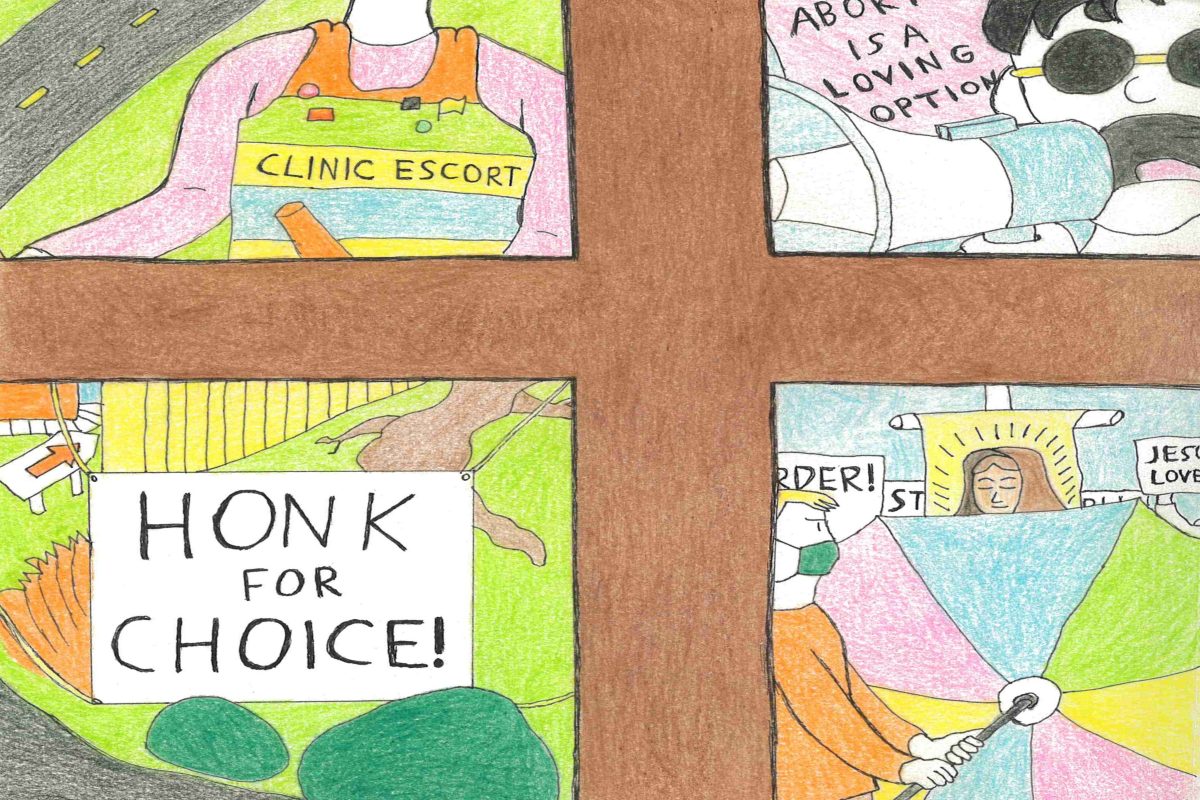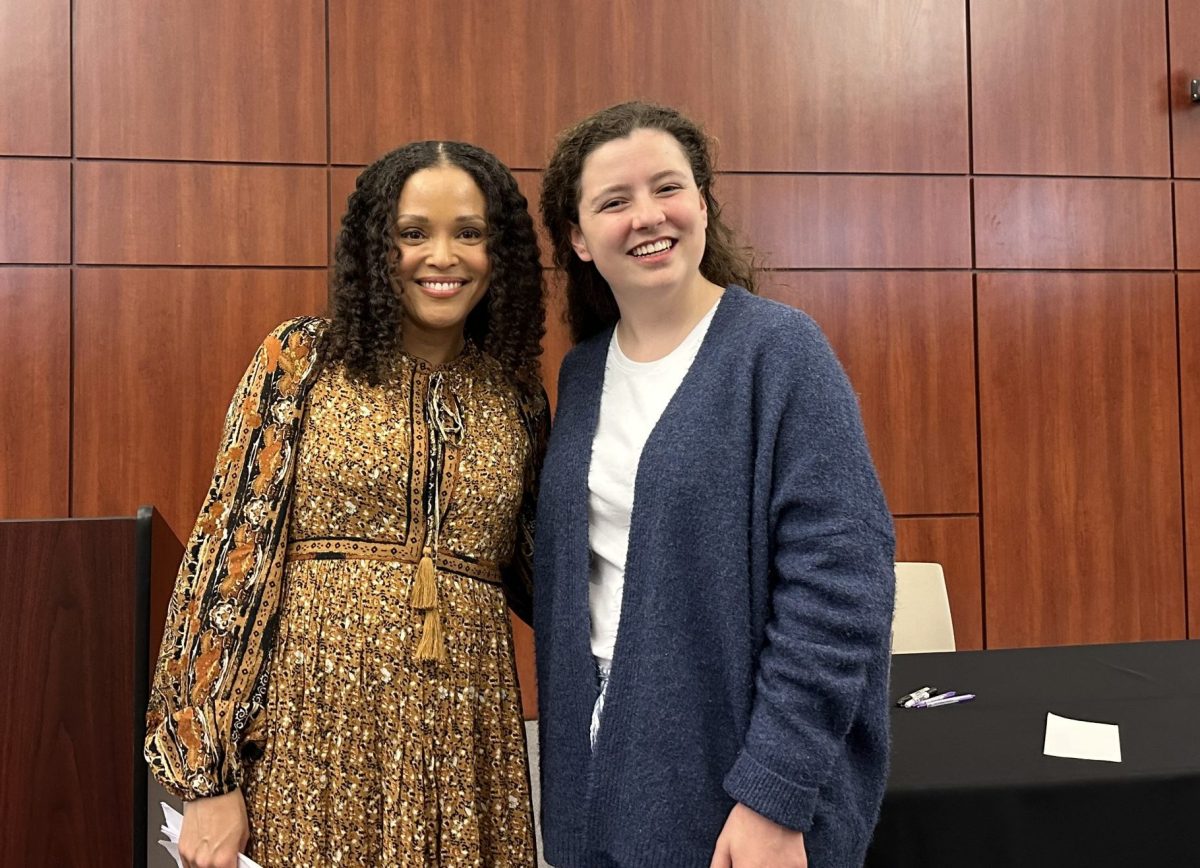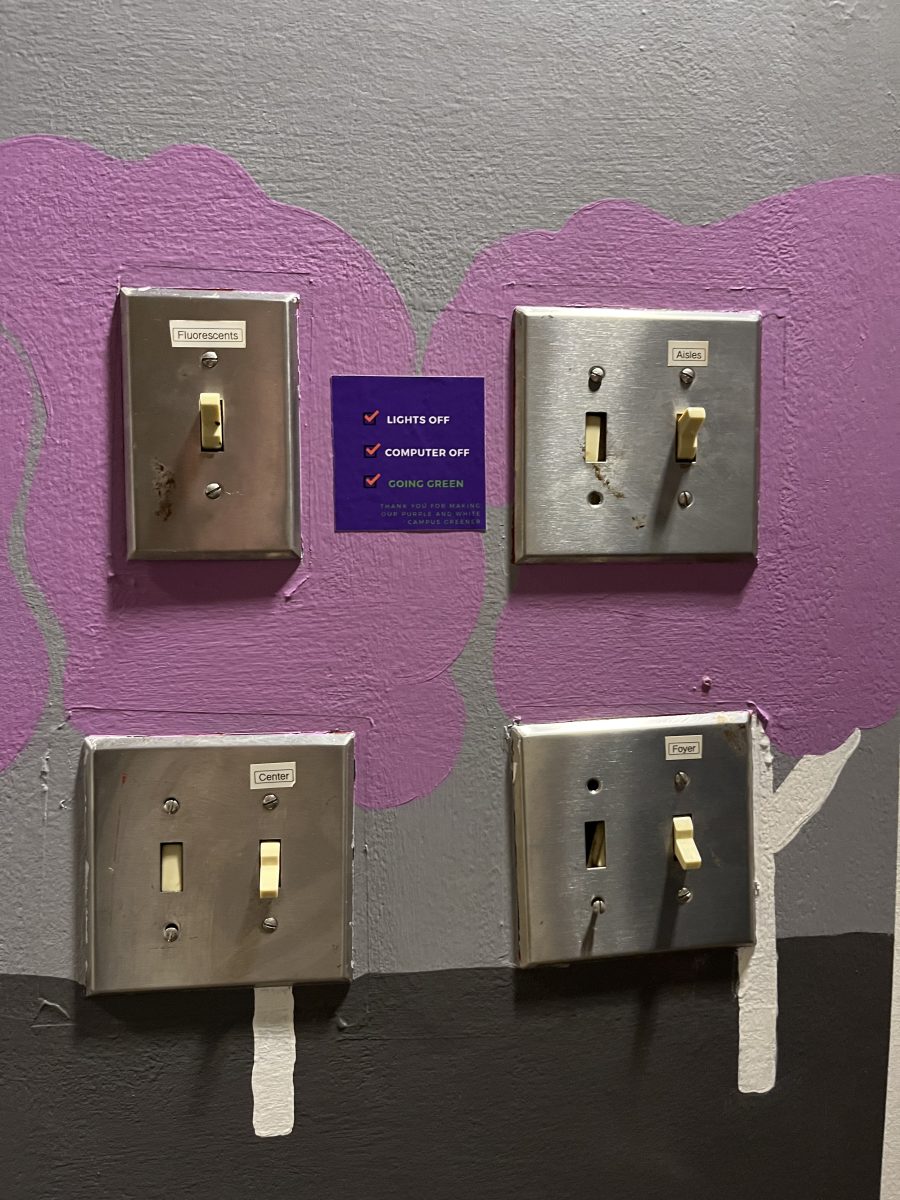In today’s trend-driven society, sustainable living has adopted a certain appeal, and new products have appeared to facilitate this lifestyle. However, sustainability is something that everyone can strive to achieve in their own lives, without buying new items to help.
Just because you are currently using products, like laundry detergent or Tupperware, that are not sustainably made or sourced doesn’t necessitate immediate replacement with something from a more sustainable brand (unless it has an immediate detrimental effect on your health)! For those of you who feel like living sustainably isn’t financially achievable, I have great news: A lot of sustainable habits are also sustainable for your wallet!
In fact, the most accessible and impactful way to engage in a sustainable lifestyle is to consume less. A good bit of what I have learned by growing up with financially and environmentally-minded parents is most applicable to home ownership; however, you can also follow sustainable practices in your dorm or apartment. For instance, perpetually running air conditioning systems, always keeping lights on, continuously running water, or anything that relies on electricity is mostly (62%) powered by fossil fuels, according to the U.S. Energy Information Administration.
The chemicals released when combusting fossil fuels contribute to the Greenhouse Effect, which causes climate change. In terms of living temperatures, it’s not a bad thing to have your indoor environment mimic the outdoors! However, leaving windows and doors open when heating and cooling systems are on makes them work harder to maintain the indoor temperature and leads to mold, so avoid those extremes. Cranking up the AC (in temperature) or lowering the heat a few degrees in the winter helps reduce energy costs and fossil fuel emissions, makes the transition from indoors to outdoors easier, and can even be better for your immune system, according to a 2014 Wall Street Journal article.
Turning off lights when they are not necessary, and especially when leaving a room or apartment, also helps reduce your carbon footprint and takes about one second to do! Turning off the water when brushing your teeth or stepping away from the kitchen sink is also helpful. Additionally, fully closing refrigerator and freezer doors when not actively taking or replacing an item prevents energy from escaping while mitigating fossil fuel waste since this resource is used to maintain a properly chilled environment. According to the Energy Saving Trust, which is a British non-profit organization working to address the climate emergency, leaving anything plugged in but not on uses energy. So when you leave phone or computer chargers plugged in when not connected to a device that needs charging, you are still using energy. To avoid this “vampire charge,” unplug items when not in use.
Other action steps that help reduce waste involve using less disposable products or trying to maximize the potential of a single-use product. Once you finish a normally single-use product consider buying a reusable alternative. Instead of buying a roll of paper towels, try some reusable and compostable bamboo paper towels. All of the above tips are not always obvious, but they reduce energy use, waste, and personal (or Furman’s) utility bills.
These steps require mindset shifts, more than anything. Awareness of personal habits and impacts on the environment, are pillars of mindfulness – a huge benefit of sustainable lifestyles. Sustainability and mindfulness are intimately tied, so many marketing tactics cater to “conscious consumerism” while trying to convince potential customers to buy something new. However, the best way to practice this is to keep what you currently own until it is no longer useable. Then, partake in “conscious consumerism” by buying from brands that are mindful of sustainability.
A central part of sustainability is respecting the resources that go into what you are using and being mindful of the impact you make by using them. Acquiring new items stimulates dopamine-releasing pathways in the brain, which are associated with reward, and once the habit is formed, desire for more consumption increases as well. We can chase more personally impactful boosts in serotonin and dopamine by spending time in nature, exercising, partaking in a more balanced diet (including significant portions of fruits and vegetables, which is also healthier for the planet and requires less resources to produce), seeking out new experiences, spending quality time with friends and family, and reaching goals.
Growth in personal sustainability is extremely rewarding because these personal actions contribute to a collective good. There are so many ways you can participate in this effort. Some ways include slowing your consumption, buying thrifted items, eating less meat and animal products, or using less energy and resources. In my experience, a side effect of mindfulness towards environmental welfare is feeling more personally connected and motivated to protect the natural world.
It is also completely acceptable to not live as sustainably as you once did when there are multiple external forces at play, such as health conditions. For example, this school year, I’m typically busier than I have been in past semesters, so I have been driving my car to class and getting to-go food from the P-Den, which contributes more waste than walking to class or eating in at the dining hall. Being aware of what you have to work on is not mutually exclusive with celebrating progress. For me, this has been being proud of myself for reusing food containers, like pasta and peanut butter jars, and only buying a few items of clothing from fast fashion brands this year.
Also – shameless plug – the Eco Reps’ Green Living Certification survey is a fantastic way to track your sustainable development! Buy less, use longer, be mindful, hold yourself accountable, and don’t forget to be proud of yourself!

































